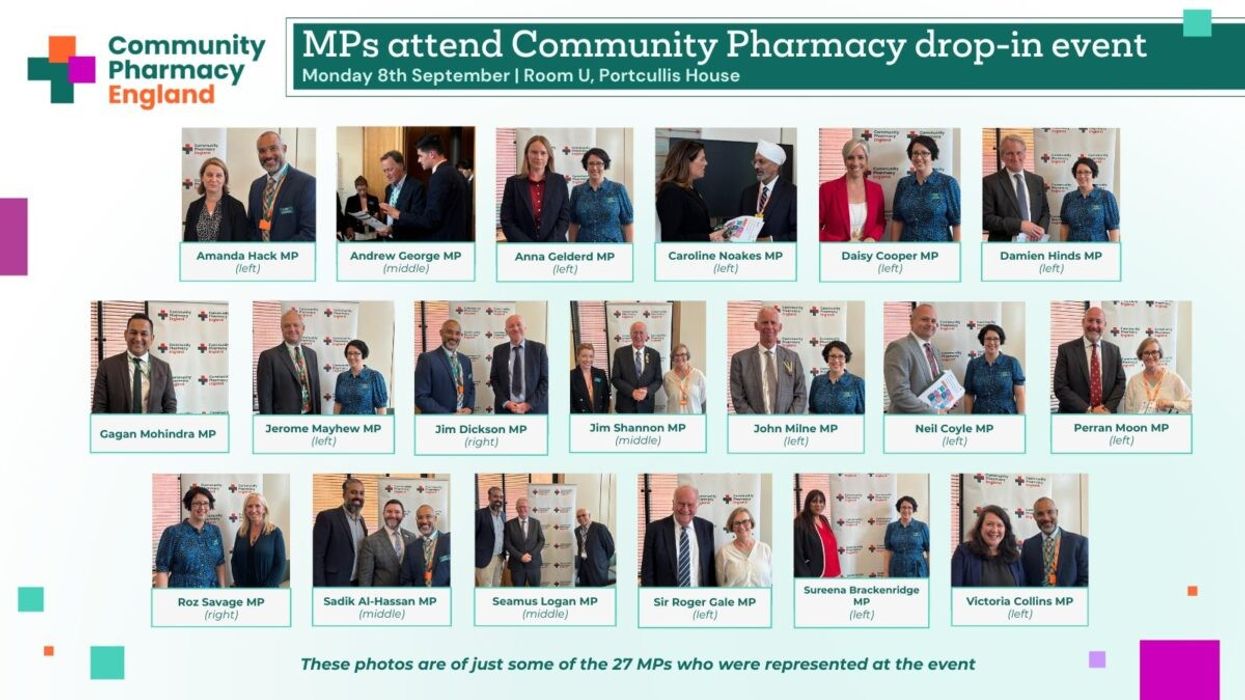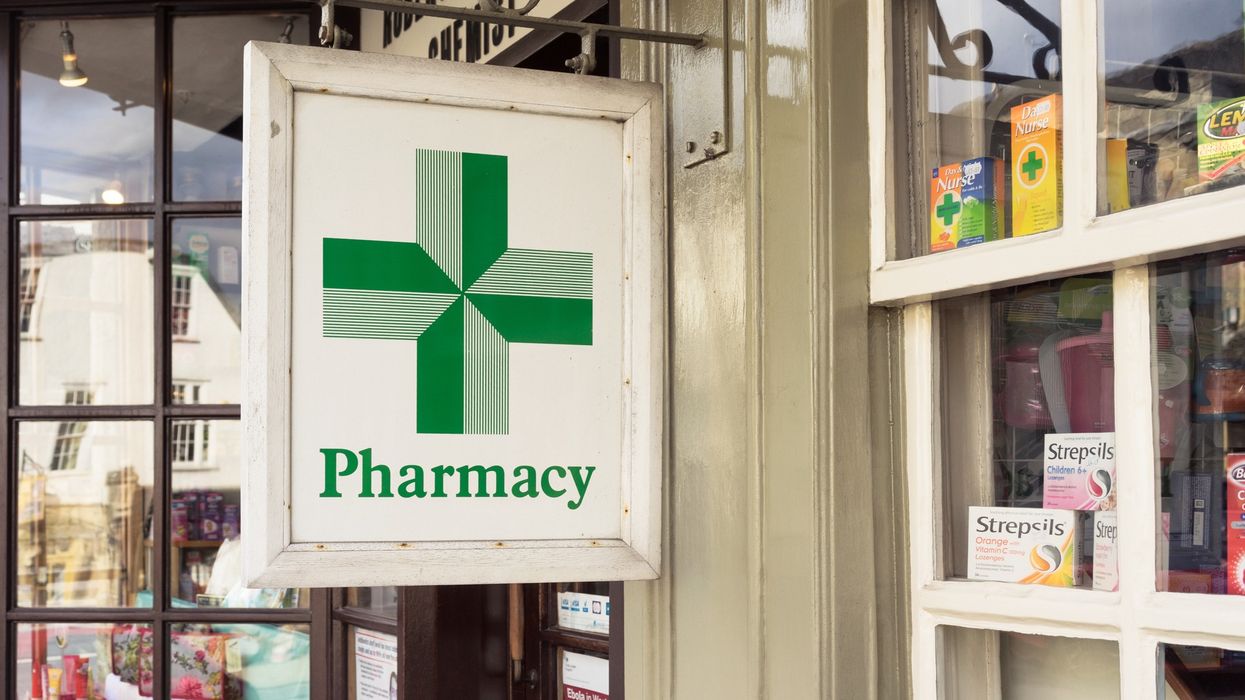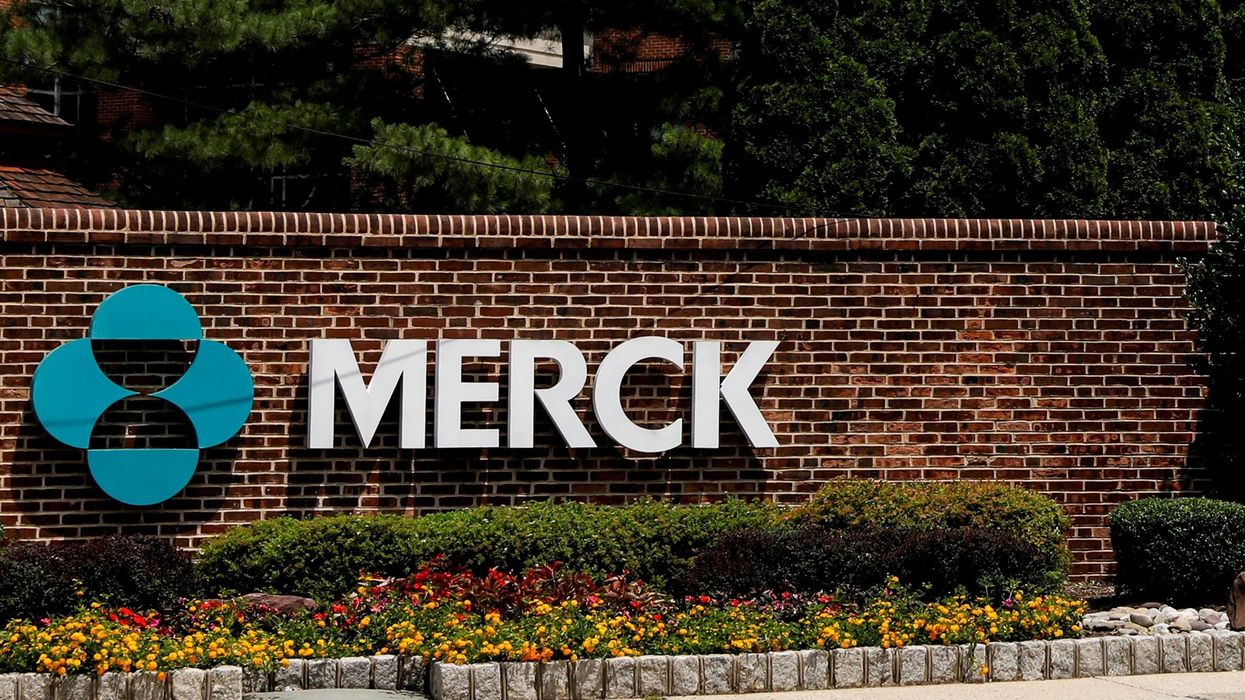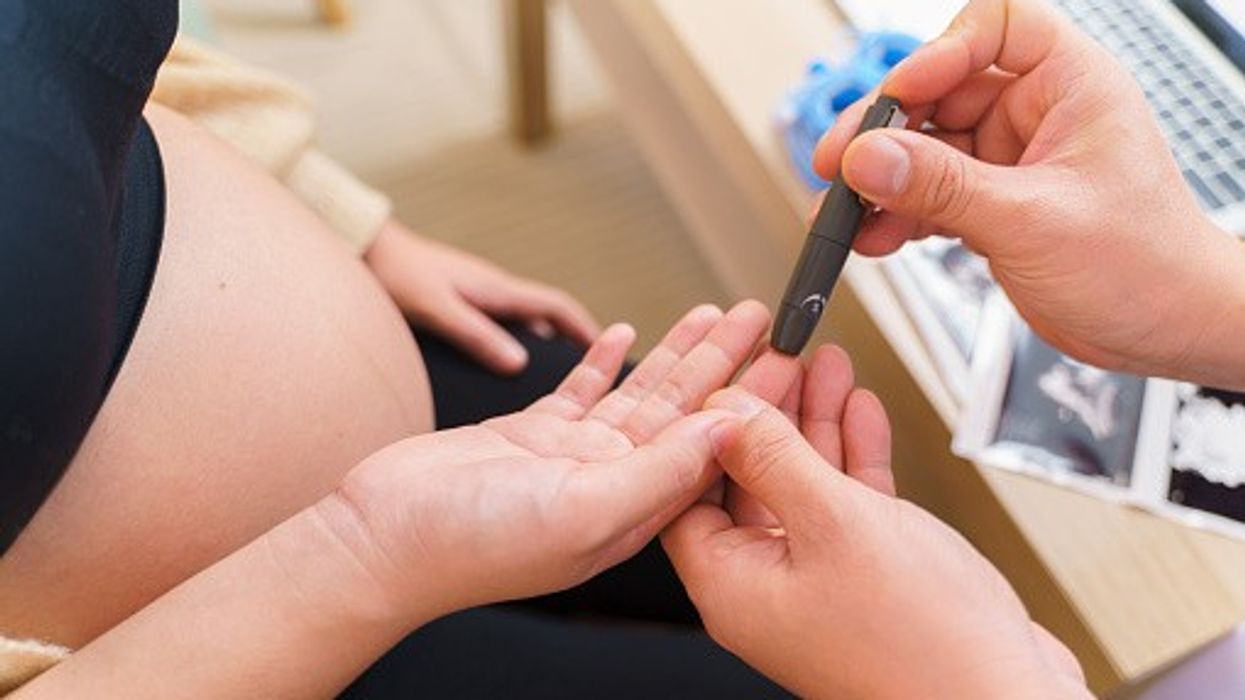The National Institute for Health and Care Excellence (NICE) has published a comprehensive quality standard designed to improve the diagnosis and assessment of Fetal Alcohol Spectrum Disorder (FASD) in children and young people.
The latest quality standard by NICE unveils how health and care services can improve the diagnosis, assessment, and prevention of FASD.
The standards are designed to help local service providers identify areas for improvement. It highlights five key areas for improvement- Pregnant women are given advice throughout pregnancy not to drink alcohol; Pregnant women are asked about their alcohol use throughout their pregnancy, and this is recorded; Children and young people with probable prenatal alcohol exposure and significant physical, developmental, or behavioural difficulties are referred for assessment; Children and young people with confirmed prenatal alcohol exposure or all 3 facial features associated with prenatal alcohol exposure have a neurodevelopmental assessment if there are clinical concerns; and Children and young people with a diagnosis of FASD have a management plan to address their needs.
Dr Paul Chrisp, director of NICE’s centre for guidelines, said: “We know children and young people with FASD often have a poorer quality of life and must overcome some incredibly difficult challenges in their daily lives.
“This quality standard aims to improve the diagnosis and care offered to children and young people with FASD as well as ensuring that women are given consistent advice about their alcohol consumption during pregnancy.
“FASD is a series of preventable mental and physical birth defects associated with alcohol use during pregnancy. Helping women to drink less or no alcohol during their pregnancy will reduce the number of children and young people affected by FASD.
“Data on the number of children and young people in the UK with FASD are limited, with no single reliable source. It’s important that we have clearly defined areas for improvement in place to reflect national priorities, promote best practice and help all those involved in delivering services to provide the very highest levels of care.”
Following consultation, a draft statement that recommended that a mother’s alcohol consumption should be included on the child’s medical records has been changed.











